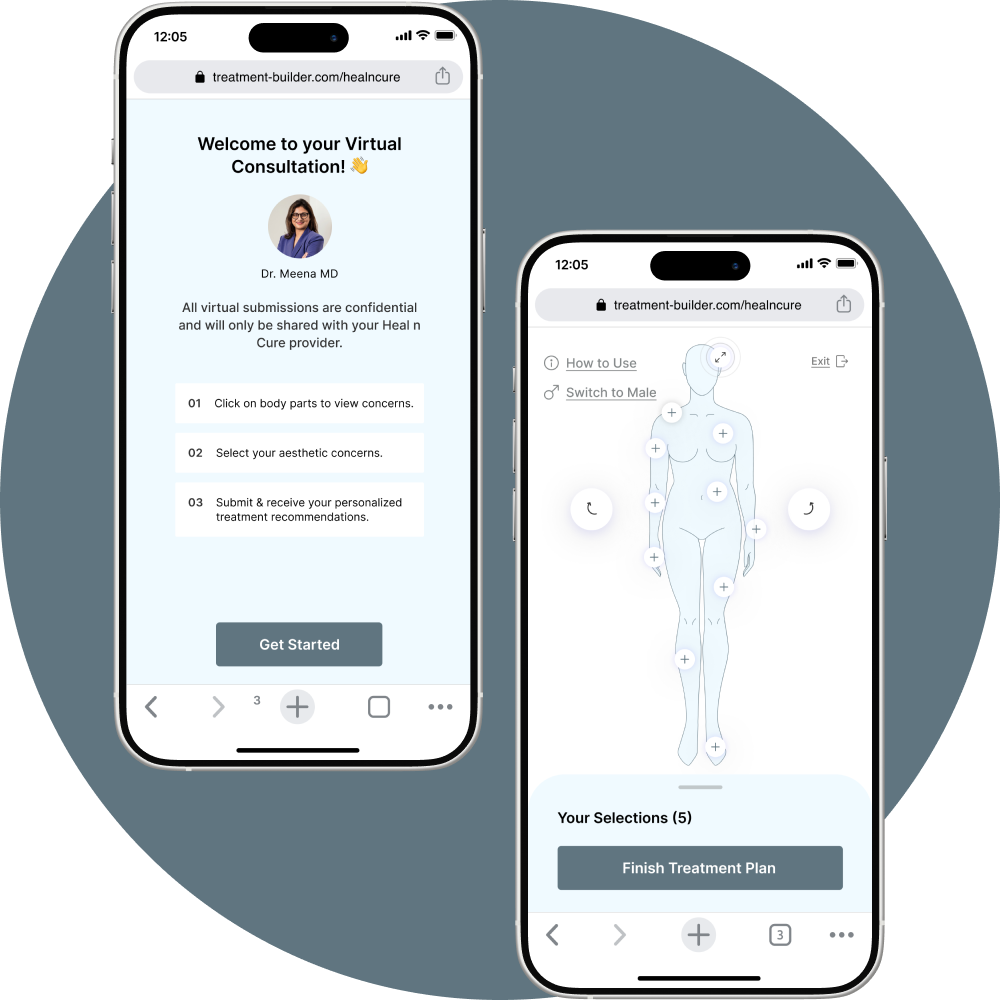Multiple news outlets have written articles surrounding the editorial published in this week’s Annals of Internal Medicine saying that using supplements and multivitamins to prevent chronic conditions is a waste of money.
The editorial, “Enough is Enough: Stop Wasting Money on Vitamin and Mineral Supplements,” is based on three studies looking at the effects of multivitamins on preventing heart attacks and cancer, as well as improving cognitive function in men older than 65. The studies found no benefit of using supplements for the prevention of disease. All three studies were also published in this week’s Annals of Internal Medicine (1).
The editorial’s shortcomings
This editorial is comprised of only 3 studies- one of which had a participant drop out rate of 50% which compromises interpretation of the results (1). Furthermore, these studies were only analyzing supplements related to heart attacks, cancer, and male cognitive function. What about other chronic conditions-insulin resistance, vitamin deficiencies, thyroid issues, etc.- that supplements can be used to treat? When keeping this in mind, it seems inappropriate to label all supplements as a waste.
There is little doubt that the lifestyle most Americans lead allows little time for preparing balanced meals. According to the CDC’s State Indicator Report on Fruits & Vegetables 2013, Adults in the United States consume fruit about 1.1 times per day and vegetables about 1.6 times per day (2). Far from the recommended 5 servings of fruits and vegetables per day. Lack of balanced intake of fruits, vegetables, lean protein, nuts/seeds, and legumes can lead to nutritional deficiencies. Supplements help fill in the nutritional gaps in a diet lacking whole, fresh foods.
Questioning the quality of supplements
Another misrepresentation in these studies is that the vitamins that are used are low-grade, synthetic vitamins and inorganic minerals (3). No reputable physician would recommend the use of such mediocre supplements to their patients. These studies should be redone using only high-quality supplements based on food concentrates or extracts. Nutrients obtained from actual food tend to be far healthier and effective than synthetic nutrients (3).
The repercussions
The most unfortunate result of publishing this editorial is that it further confuses the general public. There is truth to the statement that not all supplements are beneficial. This is evident by the FDA recalling certain OTC supplements on a daily basis due to safety concerns or false advertisement. However, there are several manufacturers that produce high quality, highly effective supplements. Therefore, the blanket statement of “Stop Wasting Money on Vitamin and Mineral Supplements” is not appropriate for all supplements.
At Heal n Cure, we alleviate this confusion by providing the highest quality supplements for our patients. Our clinic only accepts supplements that have undergone quality testing by a 3rd party to guarantee accuracy of dosage and wholesome ingredients. Heal n Cure physicians hand pick which supplements to offer our patients based on effectiveness, purity, and usage.
The big picture
This editorial concluded that using supplements and multivitamins to prevent chronic conditions is a waste of money. One must keep in mind that prescription medications have never prevented disease either. They are introduced to reduce symptoms of a disease that has already formed.
This points out the obvious, albeit overlooked point that no single intervention prevents disease. One must combine a healthy diet, active lifestyle, smoking cessation, moderate alcohol intake, and low exposure to environmental contaminants in order to have the best chance of preventing disease. If some of the aspects of a balanced lifestyle are not maintained then supplements can be added to bridge any nutritional gaps. If genetics take over and disease still occurs, pharmaceuticals can be prescribed to prevent progression and alleviate symptoms.
As you can see, everything has it’s own place and value in the spectrum of healthcare. At Heal n Cure, we combine all of the aforementioned interventions to prevent and reverse disease. An analysis of Heal n Cure’s medical and claims data for 103 clinically obese high-risk patients in our program proved that their obesity, diabetes, and heart disease were reversed. This reinforces that fact that a weight management and wellness program that is integrative and multifaceted can deliver significant results in the prevention and reversal of disease.



